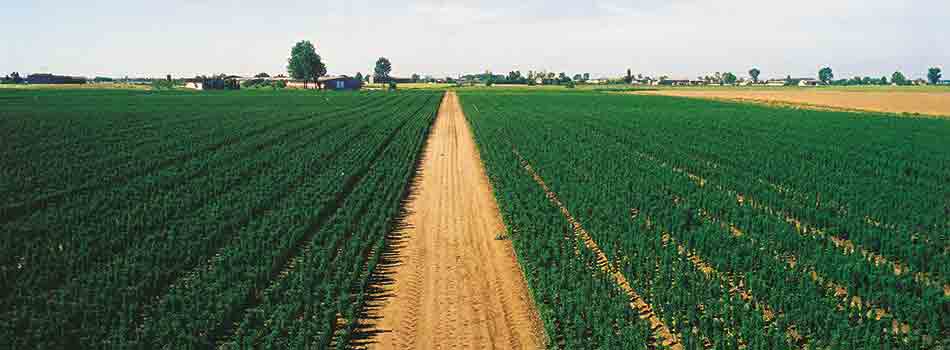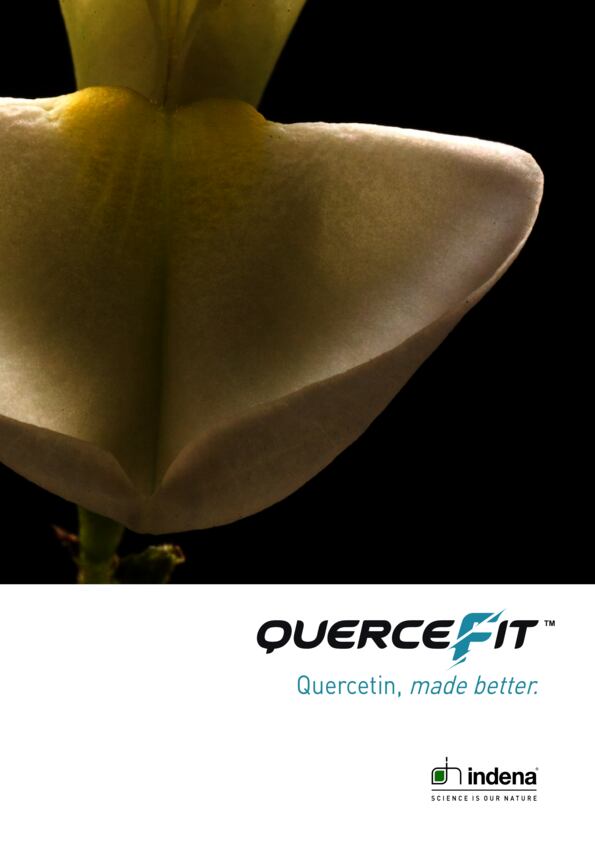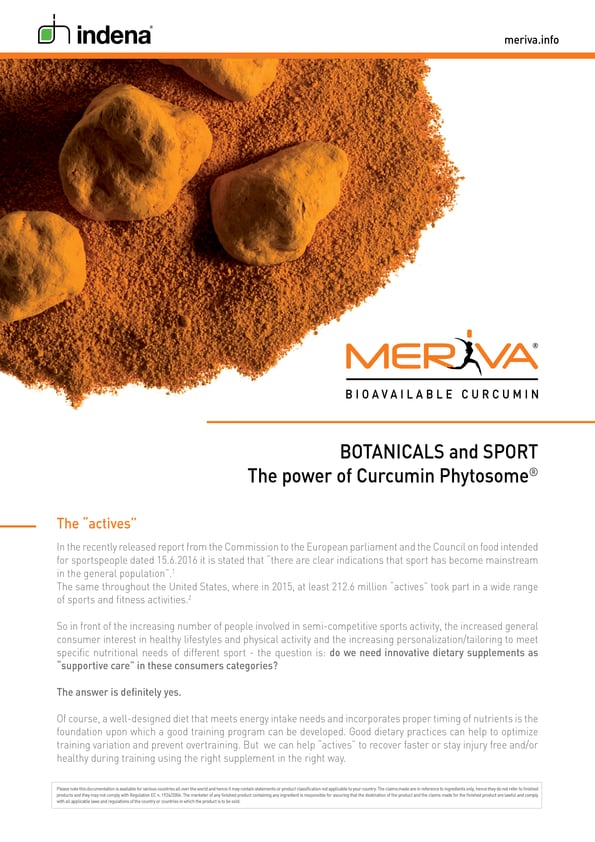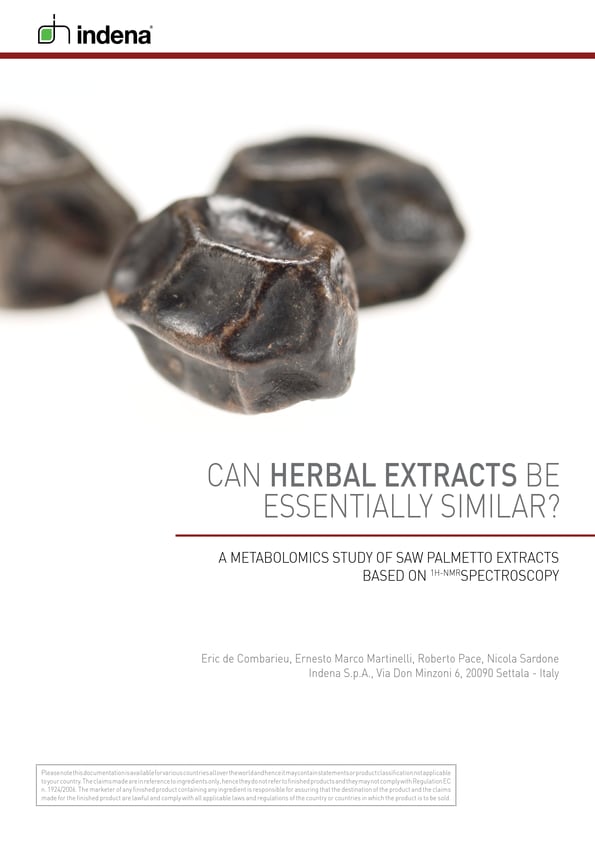There has been a great deal of focus on transparency both in finished products and raw materials at worldwide level. This debate followed actions by the New York Attorney General’s, who after an agency investigation found four out of five tested herbal products did not contain any of the herbs promised in their labels, called for the producers to conduct advanced genetic testing. These tests are intended to ensure the herbal products actually contain the ingredients promised on the label. From that point onwards, manufacturers have expected more transparency and compliance from their suppliers, in a market characterised by more stringent legal and regulatory frameworks and an increasing number of certification requirements, above all for quality controls.
Against this background and with the aim of being compliant and a frontrunner in achieving excellent levels of safety and quality, Indena is moving forward.
For plants there is no universal DNA testing methodology and the choice of a particular technique is often a compromise that depends on a number of factors.
Each plant needs a dedicated method, developed on its own genome. DNA sequencing-based tests are emerging as highly reliable and powerful tools to authenticate botanicals to complement other available tests. They can even be used to identify new species and to create herbal products. They also play an important role inside the dietary supplement industry, since adulteration is a serious concern. Although DNA-based identification technologies are contributing decisively to the authentication of botanicals, they are not the reference methods: they complement the botanical, chemotaxonomic and metabolomic analytical methods well. Accordingly, they have to be part of a complete quality testing toolbox, which constitutes a reliable authentication platform.
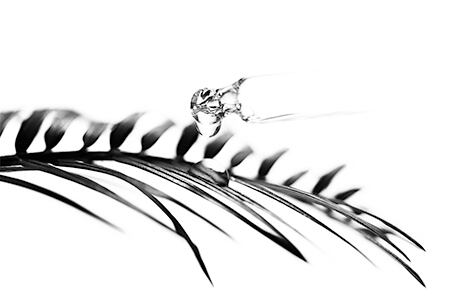
As no universal Genomic ID method is available, Indena has developed species-specific DNA identification analytical tools.
As part of its quality system, Indena is able to apply the appropriate technology to each case. Sophisticated DNA sequencing-based tests are powerful technologies but they are just one piece of the puzzle: what really counts is gaining knowledge in plant genetic diversity.
One single technique may not be enough. Instead, companies need access to a wide range of affordable techniques, from DNA barcoding to DNA-NGS. The service providers best placed to meet these needs have the
botanical background to structure DNA-based methodologies, know where, when and how to collect the “reference” species to create “certified” controls for the validation of DNA-based methods and have authenticated plant material to develop highly reliable DNA-based tests. Indena is such a service provider.
Indena recently partnered with UK biotechnology company Hyris, the developer of the portable bCUBE technology.
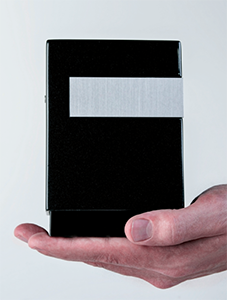
bCUBE features fast processing capabilities and wireless connectivity. It employs customized cartridges that can be used to analyze anywhere between nine and 25 samples in one run. Any bCUBE can be controlled by a dedicated smartphone app that relays immediate diagnostic information from anywhere (i.e. the fields where a botanical material is harvested), improving product traceability. Therefore, this technology enables instant ID testing on the plant starting material. Results are available in approximately one hour versus the higher amount of time required by traditional lab equipment and results are available anywhere in real time thanks to data transferring to cloud.

